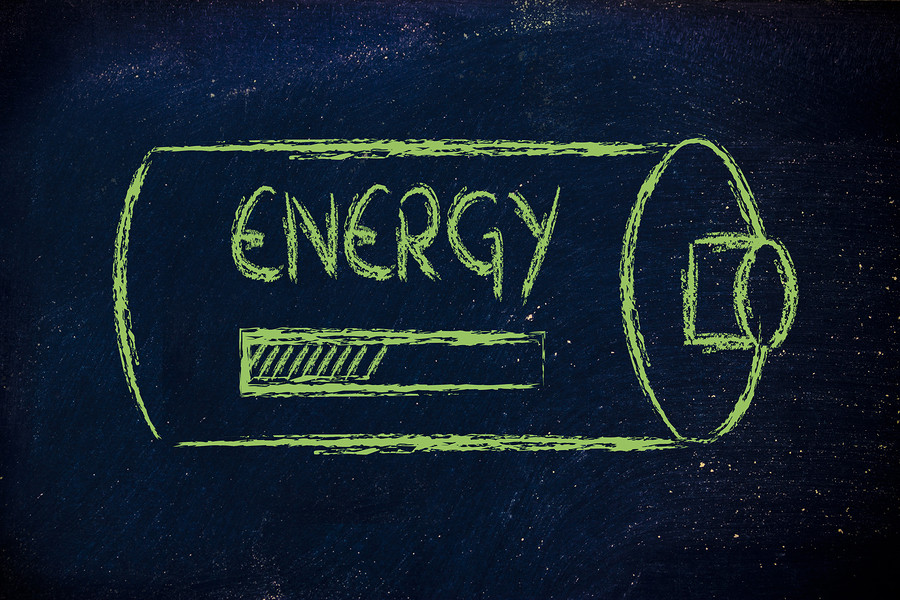4 simple ways to boost your energy

Do you sometimes feel like the Energizer Bunny when his battery runs low? You might start the day strong, but by midafternoon, you can't quite keep going and going.
Fatigue afflicts everyone at one time or another. Assuming your doctor has ruled out serious medical causes, there are a few basic steps you can take to "recharge your batteries."
- Pace yourself. If you're a go-getter, you probably like to keep going — but don't risk overtaxing yourself. For example, instead of burning through all your "battery life" in two hours, spread it out among morning tasks, afternoon tasks, and evening activities — with rest and meals in between.
- Take a walk or a nap. There's nothing more satisfying than a short power nap when you're pooped out. However, if you have trouble sleeping at night, know that napping can make insomnia worse. If that's the case for you, get moving instead. Get up and walk around the block, or just get up and move around. If you are not an insomniac, though, enjoy that 20- to 30-minute power nap.
- Skip most supplements. You may have heard about energy-boosting or "anti-aging" supplements. There is no evidence they work.
- DHEA. There is no evidence that DHEA offers any real benefits, and the side effects remain a question mark.
- Iron. Iron only improves energy if you are clearly deficient, which a doctor can check with a blood test. Otherwise, you don't need to take it — and getting too much iron can be harmful.
- B vitamins. It is true that B vitamins (B1, B2, B6, B12) help the body convert food into the form of energy that cells can burn, but taking more B vitamins doesn't supercharge your cells.
- Fuel up wisely. A sugary roll from the bakery delivers plenty of calories, but your body tends to metabolize them quickly, and then you can end up with sinking blood sugar — and fatigue. You'll maintain a steadier energy level by eating lean protein and unrefined carbohydrates. Try yogurt with a sprinkling of nuts, raisins, and honey. Your body will take in the carb-fiber-protein mix more gradually. Don't skip meals, either. Your body needs a certain number of calories to get through the day's work. It's better to space your meals out so your body gets the nourishment it needs all through the day.
To find out how you can craft a high-energy lifestyle with the latest advice on diet, exercise, rest, and stress management, read Boosting Your Energy, a Special Health Report from Harvard Medical School.
Image: Bigstock
Disclaimer:
As a service to our readers, Harvard Health Publishing provides access to our library of archived content. Please note the date of last review or update on all articles.
No content on this site, regardless of date, should ever be used as a substitute for direct medical advice from your doctor or other qualified clinician.















